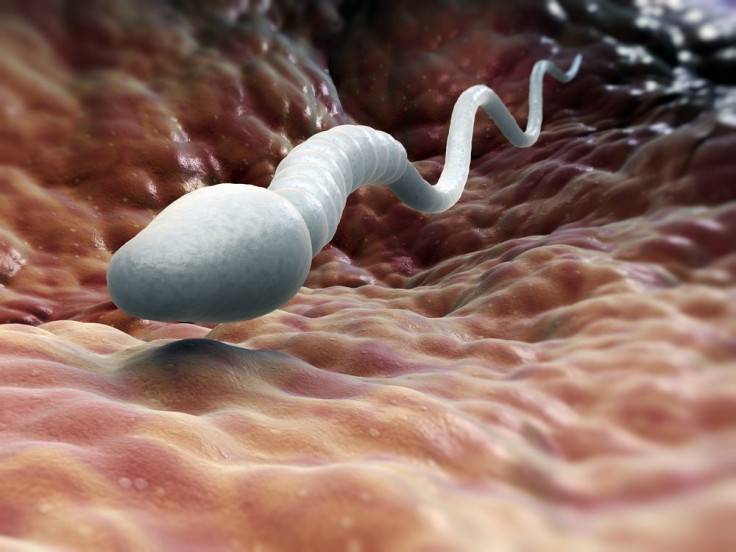Your Sperm And Your Health: What Your Semen Can Tell You About Your Health

Men are constantly looking for health markers that can help predict their risk for chronic diseases, such as diabetes, heart disease, and cancer. A majority of guys out there may be surprised to find out that their semen is an invaluable tool when it comes to gauging their overall health. That’s right, a man’s semen can say a lot about his health. In the past two decades, overall sperm count for men around the world has declined by up to a third. So what does this global “sperm epidemic” say about the health of today’s man?
High Blood Pressure
Around 80 million adults in the United States have been diagnosed with high blood pressure, which can lead to potentially life-threatening complications if left untreated, including kidney damage, heart attack, and stroke. A recent study conducted at the Stanford University School of Medicine found that the quality of a man’s semen could indicate his risk for hypertension. Research that included 9,387 men between the ages of 30 and 50 revealed that men struggling with fertility tend to have an increased risk for certain diseases of the circulatory system, including hypertension and heart disease. The relationship between semen quality and hypertension was tied to around 15 percent of all genes in the human genome that are connected to reproduction as well as other bodily systems.
Overweight/Obesity
Evidence has consistently shown that smoking and obesity directly affect infertility in men. One study published in the journal Human Reproduction showed that a man with a greater body mass index (BMI) often has a lower sperm count and poor semen quality compared to a man with a lower BMI. Lead researcher Dr. Michael Eisenberg and his colleagues found that men who were overweight and obese ejaculated an average of 2.8 milliliters (ml) of semen compared to 3.3ml among normal weight men. The healthy volume for ejaculation is between 2 and 5 milliliters. As to what causes a lower sperm count among bigger men, the research team settled on a few theories, including the notion that greater fat storage can result in testosterone turning into the female hormone estrogen. It could also be due to a hormone produced by fat cells known as leptin, which can actually damage sperm cells.
BPA Exposure
Fears over bisphenol A (BPA) exposure have resulted in the BPA-free movement. BPA, an endocrine disrupting chemical with artificial estrogen properties, has been tied to disruptions in the hormonal system. Researchers from Washington State University recently discovered how BPA can increase a man’s risk for infertility. After exposing a group of newborn male mice to oral doses of BPA, synthetic estrogen, ethinyl estradiol (an ingredient in birth control), and a placebo, results showed that mice who were exposed to BPA had their sperm die due to a poorer job of meiosis, the process by which cells combine the genetic information of their parents.
Alcohol Consumption
If any men out there are looking for a litmus test to decide if they are drinking too much alcohol, their sperm could be the answer. Researchers from Denmark have found that even otherwise healthy men who binge drink often struggle with infertility. Out of 1,221 Danish men included in the study, 64 percent admitted to binge drinking in the past month. Binge drinking was defined as five units in one sitting. Men who drank 40 units of alcohol per week had a sperm count that was 33 percent lower than men who drank between one and five units per week. Their proportion of “normal” looking sperm was also 51 percent lower.
Lack of Sleep
Lack of sleep is associated with some extremely negative health consequences, including heart disease, diabetes, obesity, depression, and even certain types of cancer. Yet another study out of Denmark has found that not getting enough sleep can also lower a man’s testosterone levels and sperm count. Upward of 1,000 men who responded to questionnaires gauging their sleep schedule, sleep interruptions, and sleep habits also had their testicles and sperm counts measured. Men with insomnia, trouble getting to sleep early, and inconsistent sleep throughout the night had a sperm count that was, on average, 29 percent lower than men who had no trouble sleeping. These men also had proportionally smaller testicles and sperm that was 1.6 percent more deformed.



























